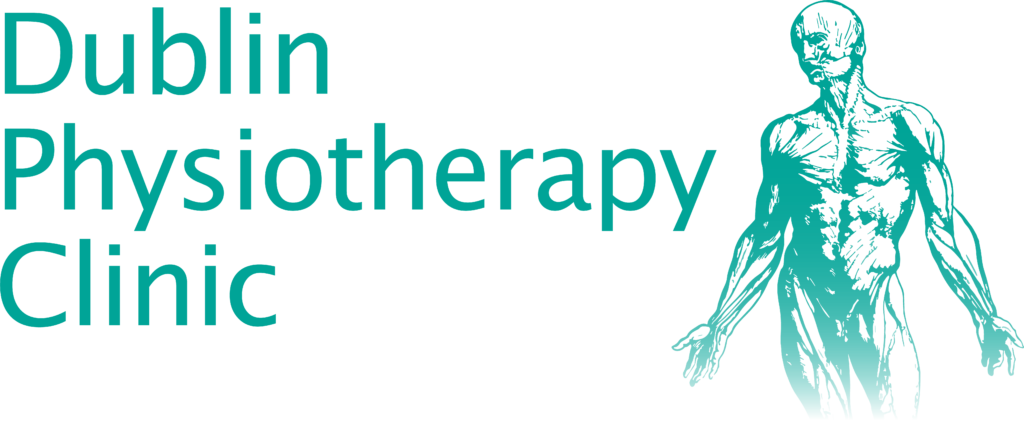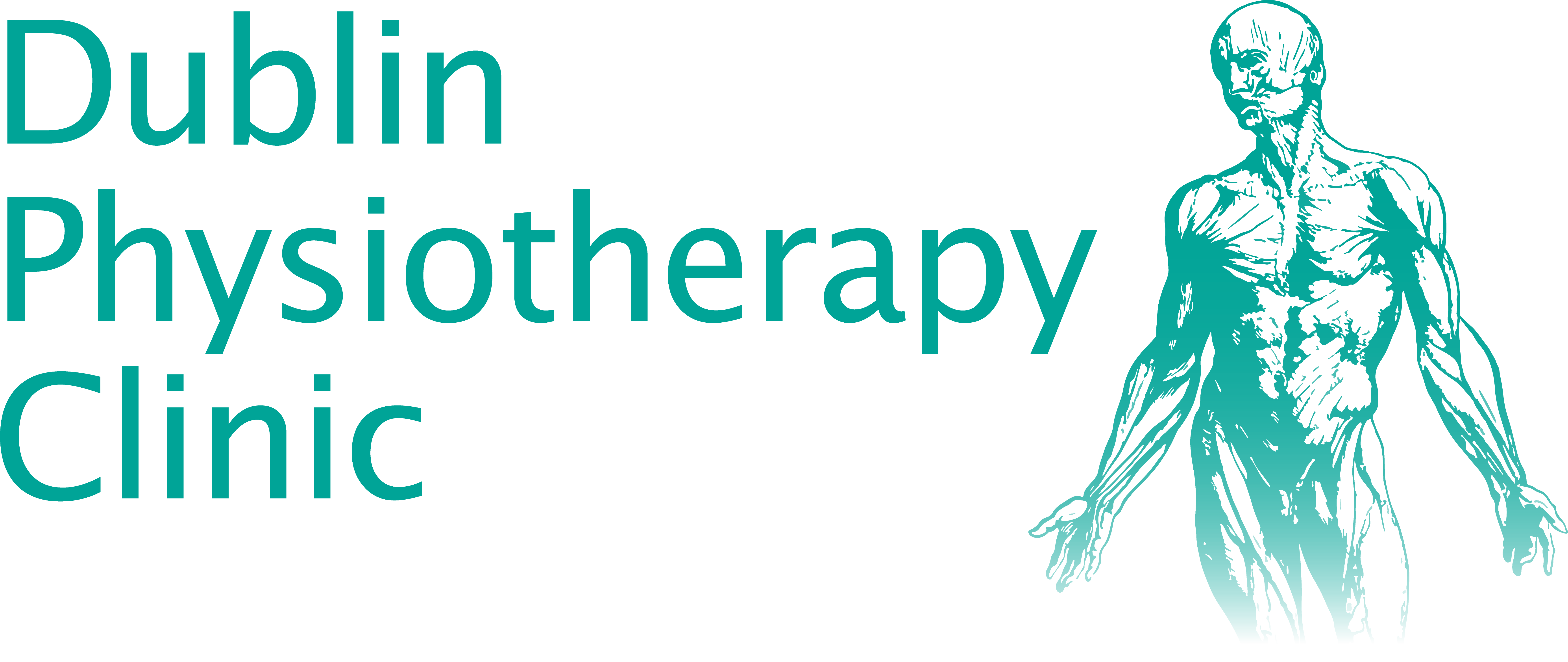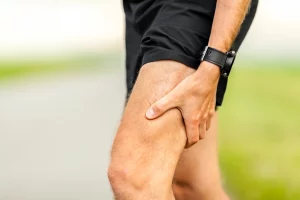In today’s video, David Fitzgerald, practitioner and co-founder or Dublin Physiotherapy, talks about a very common issue many physicians have to deal with. We’re talking about the collision between health and lifestyle.
Nowadays it is, in fact, harder than ever to find the time to take care of ourselves. People’s chaotic routine has led to a neglect of almost any form of health-checks. David goes more in-depth in his video, below. If you would like to hear more of what he has to say about this issue, make sure you check it out.
Has it ever happened to you to have suffered from pain or aching but you didn’t have time to get it checked? According to David, this is the primary reason behind many simple issues becoming aggravated by time and neglect.
Besides taking time away from self-care, a busy lifestyle can also lead to the development of various conditions. Whether it’s back pain or neck pain, the lack of exercise can also aggravate these conditions with an immediate or long-term effect. Generally speaking, conditions like lack of flexibility and reduction of muscle strength will take months to manifest themselves, although the older we got, the easier it is to develop such conditions. Once people get past their 30’s, in fact, it becomes harder to tolerate falls, twists and bends, all activities that would have taken little to no time to heal at a younger age.
What are the main lifestyle-related issues?
Very often, patients who suffer from postural lower-back pain are those who spend several hours a day sitting down. The lack of movement and prolonged sitting is detrimental to your spinal health. This is, in fact, the main reason behind the growing popularity of standing desks and chairs that allow you to change position quite frequently when at work.
Although sitting seems a very passive, simple activity, in terms of the spinal tissue’s health it is certainly detrimental if recurrent over long periods of time.
This is the most common reason for people suffering from back or neck pain with no apparent reason. From muscle tightness to joint stiffness, postural changes can affect our health, leading to a variety of different issues.
When a patient presents one of these conditions, the practitioner’s job is to treat their symptoms, then focus on finding a solution to prevent or minimise the risk of recurrences. This is possible by identifying established changes, work patterns and lifestyle factors, making the patient aware of the risks that these comport.
Other issues that can be caused by your lifestyle
David is interested in finding a way of preventing people from deteriorating the functions of their muscle-skeletal health. A good way of delivering that message is by asking the patient to make some adjustments in their lifestyle. This might mean to modify their neck posture, sitting arrangements or their general lifestyle, where possible.
Putting the focus on the importance of physical activity and exercise is fundamental and David believes that, if the patients are made aware of it, this might make the difference.
It’s not always possible to change one’s lifestyle but some slight modifications to posture and a reduction of the hours spent sitting in the same position might lead to huge improvements in your overall health.
Flexibility, range of movement, muscle strength and functional strength are all things that can benefit from a more active lifestyle. Even if this means to take a bit of time to yourself, sacrificing an hour or two of work. Everyone should seriously consider the many benefits that will come from this lifestyle change. Benefits that will not only improve your physical health but also your mental health, giving you some well deserved “me time”.
That’s all for today’s topic. If you would like to know more of what David has to say, make sure you check out the video and don’t forget to read the previous articles about Patient Abandonment and Complacency Alert.




